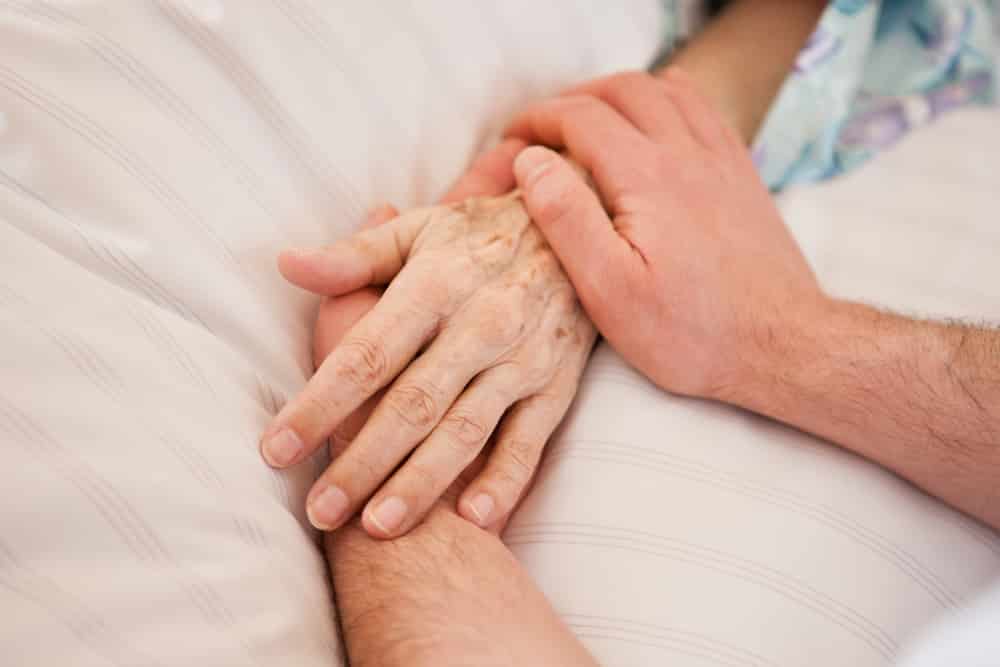It’s no secret that patients require round the clock care an attention. Their well-being and healing depends on how well they are cared for. A patient with staff who are alert, attentive and fully present stands a much higher chance of recovery than a patient with highly distracted staff who are in a hurry. The most common medical mistakes are made when attendants and attending professionals are too thinly spread. The best alternative to this to receive healthcare at home.
Reputed home health care services means is a system of care provided by qualified and skilled practitioners to patients in their homes under the direction of a physician. The ultimate goal of home health care services is to help individuals to improve in their health and function and live with greater independence. This method has long been proven to promote the patient’s optimal level of overall well-being.
By remaining under healthcare at home, patients are the sole priority and receive undivided attention even through the night. This means that they are constantly monitored and cared for, which in turn leads to a higher level of safety and security for the patient. Having a skilled and knowledgeable practitioner who is aware of the patient’s condition, charts and progress to keep a watchful eye on the patient can even be life saving in certain situations.
Moreover, home health care means staying safe from viruses, infections, fungal infections and other transferable diseases that are most prevalent in hospitals. A patient’s immune system is often compromised which makes them susceptible to any bacteria in the air. Medical personnel are also distributed between multiple patients which may make them carriers of the bacteria. Further sickness to a patient with compromised immunity can be catastrophic and at times even fatal. This is prevented when a patient receives medical care at home.
Finally, home healthcare facilitates exceedingly safe administration of treatment and medication. The practitioner or nurse is responsible for maintaining a hygienic and well sanitised environment. This helps ensure a sterile surrounding is maintained for the administration of medicine or care and ensures an additional level of safety for the patient.
After all, it’s our duty to keep our loved ones safe!




